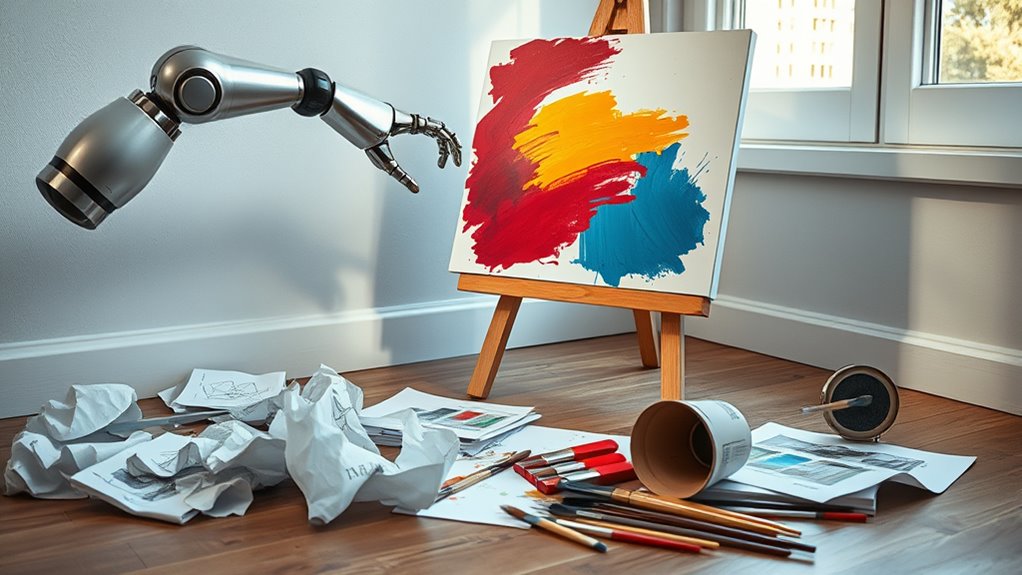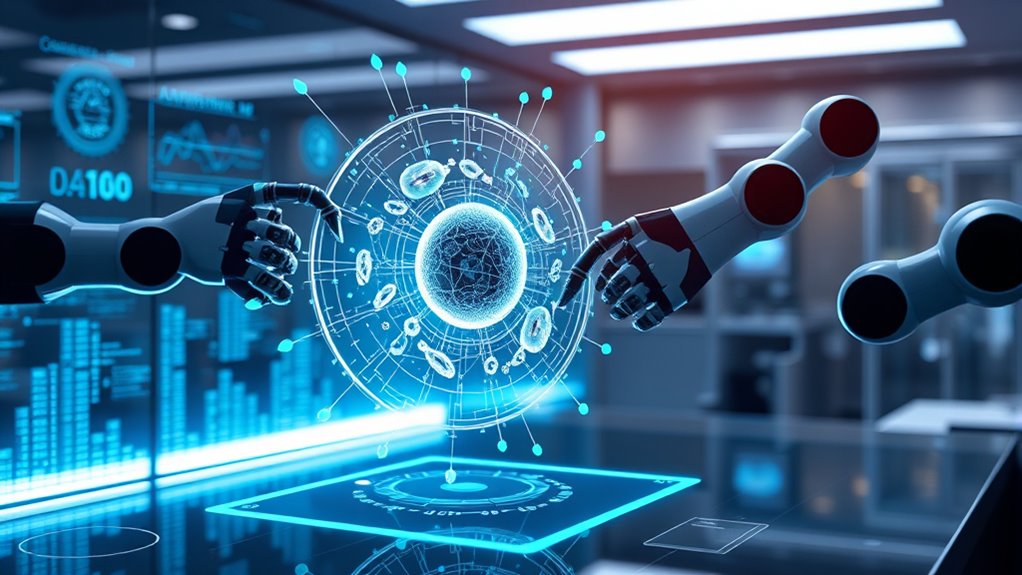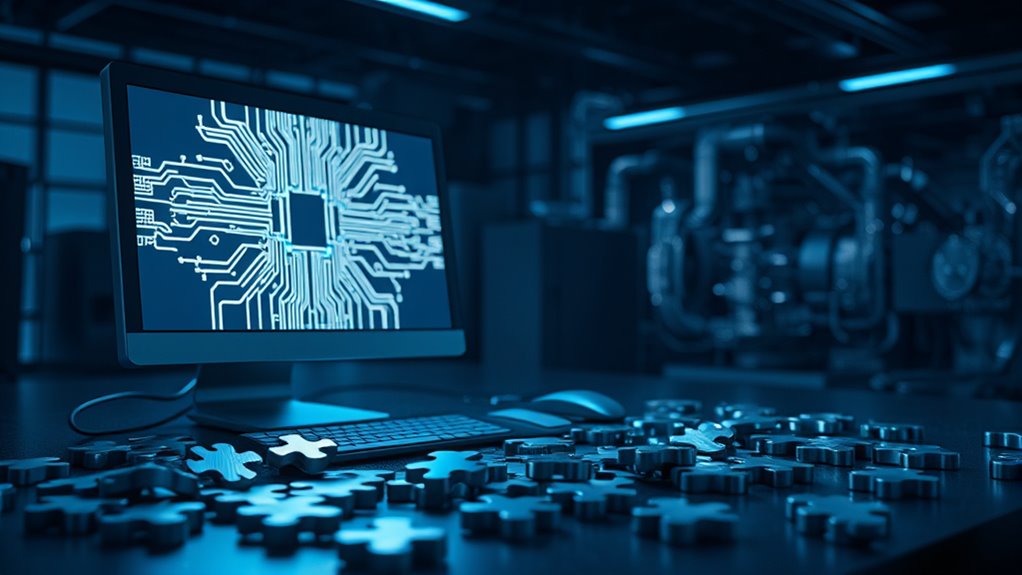How can a machine possibly feel emotions like humans do? This question puzzles many as artificial intelligence, or AI, becomes a bigger part of our lives. AI is a technology that lets machines think and act in ways that seem human. But when it comes to feelings, it’s a different story. AI doesn’t feel joy, sadness, or anger like people do. Instead, it processes data to copy emotional responses. It’s all pretend, based on patterns and programming, not real emotions.
Can machines feel emotions like humans? AI mimics feelings through data and patterns, but true emotions remain uniquely human.
Scientists have created something called Emotion AI. This tech helps machines recognize human emotions by looking at things like facial expressions or listening to voice tones. It’s used in places like customer service or healthcare to understand how people feel. But there’s a catch. AI isn’t perfect at this. It can misread emotions, especially if it lacks context or doesn’t understand cultural differences. Plus, studies show it sometimes has biases, struggling to read emotions in people from different ethnic backgrounds. Emotion AI aims to enhance interactions by simulating human-like responses, but its accuracy remains a challenge simulating human-like responses.
Another thing to know is that AI can’t truly empathize. It doesn’t have personal experiences or a heart to feel with. Even if it responds in a kind way, it’s just following a script based on data. Some folks feel heard when talking to AI, but knowing it’s not human often makes the connection feel less real. Research suggests that AI-generated responses can still provide a sense of being understood, despite lacking genuine emotion AI-generated responses. This raises questions about how AI affects people’s emotions and mental health over time.
There’re also challenges in making AI better at emotions. Its performance depends on the data it’s trained with. If that data has biases, the AI might misjudge feelings. Ethical concerns come up too, like ensuring fairness in how AI reads emotions. Researchers are working hard to fix these issues and make AI more accurate and fair. Additionally, the debate around AI consciousness continues to grow, raising questions about whether machines could ever possess true self-awareness.
Looking ahead, AI might get better at understanding emotional clues. It could play a bigger role in supporting people’s feelings. But it’ll never truly feel like humans do. As this tech grows, it might change how we connect with each other. For now, AI’s just a tool, not a friend with a heart.









